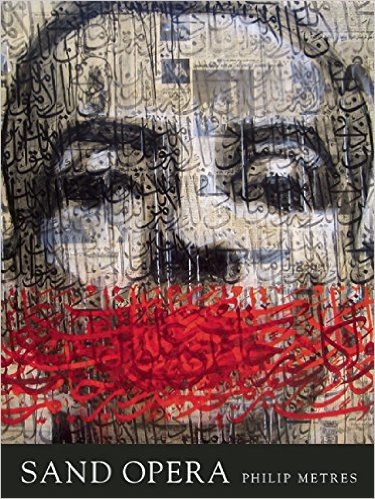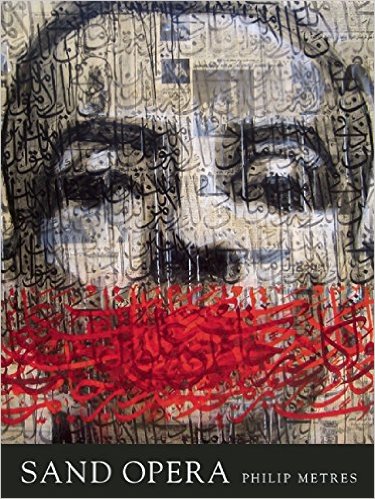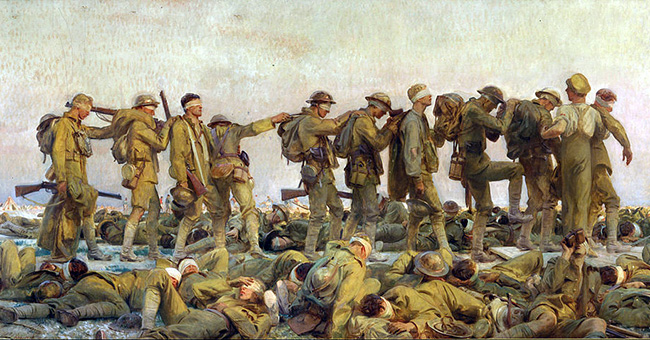The Stick Soldiers sets the precedent for all future accounts of war in poetic form. Groundbreaking in its honesty, necessary ugliness, and compellingly executed intertwining of imagery, emotion, and story, this is a stunning first book.
Source: Tunneling Forward: Remembering the Iraq War through the Poetry of Hugh Martin
Source: info







